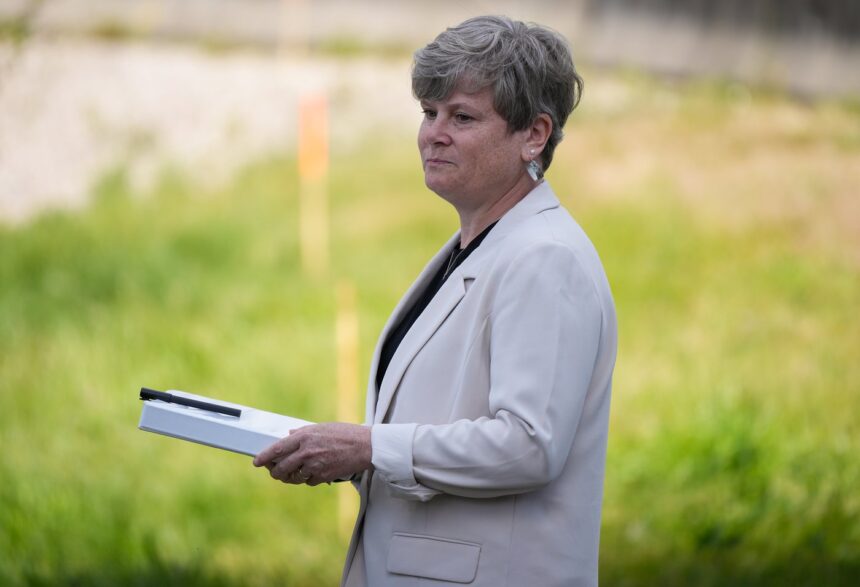In a dramatic policy reversal that has brought relief to one family and hope to many others, British Columbia’s Health Ministry announced yesterday it will fund a crucial $1 million medication for a young girl suffering from an ultra-rare genetic disorder. The decision comes after weeks of mounting public pressure and highlights the complex ethical dilemmas facing provincial health systems when confronted with extraordinarily expensive treatments for rare conditions.
Six-year-old Emily Chen, diagnosed with mucopolysaccharidosis type VII (MPS VII), also known as Sly syndrome, had previously been denied coverage for Mepsevii, a life-altering enzyme replacement therapy that costs approximately $1 million annually. The condition, which affects fewer than 10 Canadians, causes progressive damage to cells, tissues, and organs throughout the body.
“Today marks the end of an excruciating battle no parent should have to fight,” said Jennifer Chen, Emily’s mother, visibly emotional at a press conference following the announcement. “While we’re overjoyed for Emily, we remain concerned for other families facing similar situations across Canada.”
The ministry’s reversal follows intense scrutiny from patient advocacy groups and medical ethicists who questioned the initial decision. British Columbia’s drug review process, like those in other provinces, typically evaluates medications based on clinical evidence, cost-effectiveness, and budgetary impact—criteria that ultra-rare disease treatments often struggle to satisfy.
Dr. Michael Harrington, chair of the BC Rare Disease Coalition, told CO24 News that the case highlights fundamental issues with Canada’s approach to rare disease funding. “These aren’t just financial decisions—they’re moral ones. When we’re talking about treatments that could completely transform a child’s life, we need evaluation frameworks that recognize this unique context.”
The provincial health minister acknowledged the exceptional nature of the case in a statement. “While our evaluation processes are rigorous by design, we recognize there are instances where flexibility serves the public interest. This decision reflects our commitment to compassionate care while acknowledging fiscal realities.”
Financial analysts note that the decision raises important questions about healthcare resource allocation amid budget constraints. According to CO24 Business reporting, provincial drug programs nationwide are increasingly strained by the emergence of highly specialized therapies with price tags reaching into seven figures.
The federal government had previously committed to establishing a national rare disease drug strategy with $1 billion in funding over two years, but implementation has faced delays. Health policy experts suggest this case may accelerate pressure for a more coordinated national approach.
Emily’s case has also sparked renewed interest in innovative funding mechanisms. Dr. Sarah Williams, a health economist at the University of Toronto, points to risk-sharing agreements where manufacturers and governments split costs based on treatment outcomes. “These arrangements can create pathways for access while ensuring value for public dollars,” she explained.
For the Chen family, the policy implications remain secondary to the immediate impact on their daughter’s life. “Every day without treatment meant irreversible damage,” Jennifer Chen said. “Now Emily has a fighting chance at the childhood she deserves.”
As other families navigate similar challenges across Canada, the broader question persists: how should our healthcare system balance compassion for individual patients with the responsibility to allocate limited resources equitably? The answer may ultimately require reimagining how we value health improvements for those with the rarest and most devastating conditions.

























